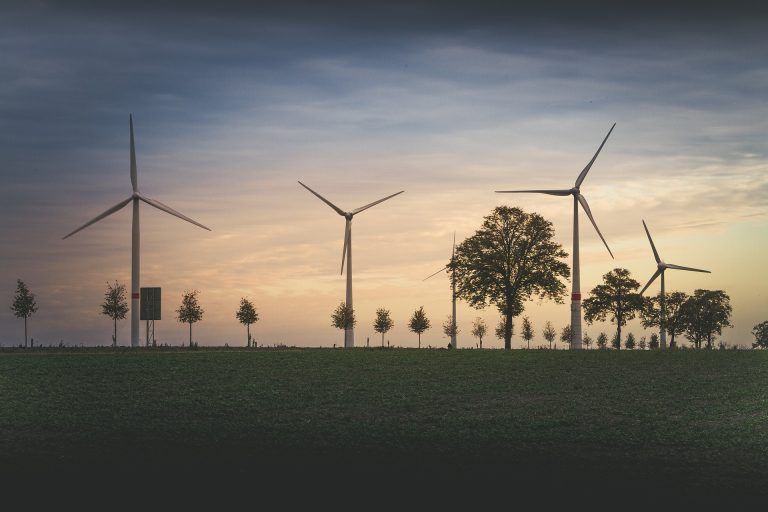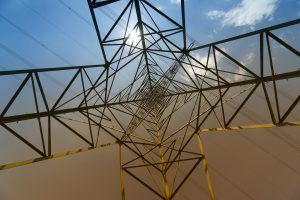As part of its efforts to achieve carbon neutrality by 2050, the EU plans to introduce further requirements for reducing emissions in construction and transport. The new rules will stimulate Europeans and businesses to invest in alternative energy sources, better isolation and clean transport.
In order to support vulnerable households and small business in this energy transition, the European Commission proposed creating a Social Climate Fund with a budget of €72 billion for 2025-2032. The establishment of the fund is part of the Fit for 55 legislative package, which aims to achieve the objectives of the European Green Deal.
Parliament is expected to adopt its position during the plenary session at the beginning of June, which would allow it to start negotiating the final text with the Council.
Tackling energy poverty
The proposal, jointly drafted by Parliament’s environment and employment and social affairs committees, aims to establish common definitions across the EU for energy poverty and mobility poverty.
Energy poverty refers to vulnerable households, micro-enterprises, small and medium-sized enterprises and transport users having difficulties accessing alternatives to fossil fuels. Mobility poverty refers to households that have high transport costs or limited access to affordable modes of transport.
Parliament seeks a specific focus on challenges faced by islands, mountainous regions and less-developed and remote areas. It will also ask to block access to the fund for countries that do not respect fundamental rights or the rule of law.
How can the Social Climate Fund help you?
The Social Climate Fund should finance concrete measures to address energy and mobility poverty, both in the short and in the longer term, including:
- Reduction in energy taxes and fees or provision of other forms of direct income support to address the rising prices of road transport and heating fuel. This would be phased out by the end of 2032
- Incentives for building renovation and for switching to renewable energy sources in buildings
- Incentives to shift from private to public transport, car sharing or cycling
- Support for the development of a second-hand market for electrical vehicles

Social Climate Fund: Parliament’s ideas for a just energy transition |







Leave a Reply